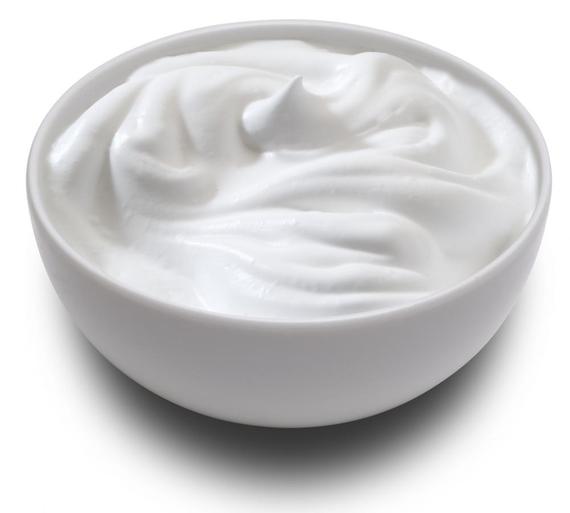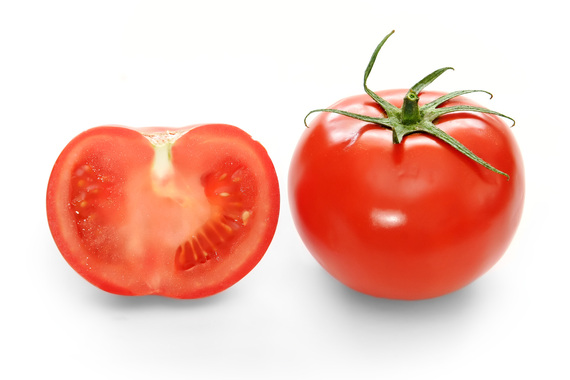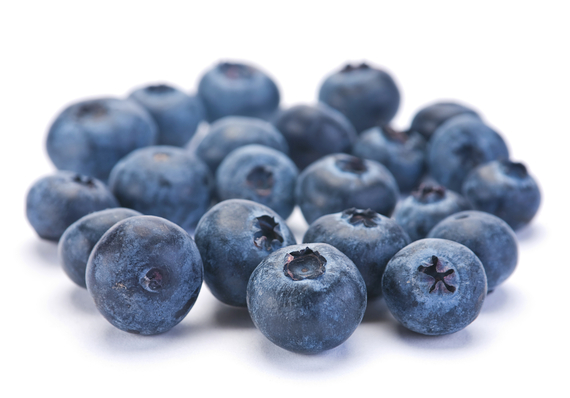Food is any substance consumed to provide nutritional support for an organism. It is usually of plant or animal origin and contains essential nutrients, such as carbohydrates, fats, proteins, vitamins, or minerals
Some foods are very nutritional to the body and health, and as such are advised to be consumed as often as you can.
Some of these foods are:
Spinach

Spinach is an edible flowering plant in the family Amaranthaceae native to central and western Asia. Its leaves are eaten as a vegetable.
It may be green and leafy, but spinach is no nutritional wallflower, it is a rich source of plant-based omega-3s and folate, which help reduce the risk of heart disease, stroke, and osteoporosis.
Folate also increases blood flow to the nether regions, helping to protect you against age-related sexual issues. And spinach is packed with lutein, a compound that fights macular degeneration (and may help your sex drive). Aim for 1 cup fresh spinach or 1/2 cup cooked per day.
SUBSTITUTES: Kale, bok choy, romaine lettuce
How to eat it : Make your salads with spinach; add spinach to scrambled eggs; drape it over pizza; mix it with marinara sauce and then microwave for an instant dip.
Yogurt

Yogurt is a food produced by bacterial fermentation of milk.The bacteria used to make yogurt are known as “yogurt cultures”. Fermentation of lactose by these bacteria produces lactic acid, which acts on milk protein to give yogurt its texture and characteristic tart flavor.
Fermentation spawns hundreds of millions of probiotic organisms that serve as reinforcements to the battalions of beneficial bacteria in your body. That helps boost your immune system and helps provide protection against cancer. Not all yogurts are probiotic, though, so make sure the label says “live and active cultures.” Aim for 1 cup of the calcium and protein-rich goop a day. And choose wisely:
SUBSTITUTES: Kefir, soy yogurt
How to Use: Yogurt topped with blueberries, walnuts, flaxseed, and honey is the ultimate breakfast — or dessert. Plain low-fat yogurt is also a perfect base for creamy salad dressings and dips.
Tomatoes

There are two things you need to know about tomatoes: Red are the best, because they’re packed with more of the antioxidant lycopene, and processed tomatoes are just as potent as fresh ones, because it’s easier for the body to absorb the lycopene.
Studies show that a diet rich in lycopene can decrease your risk of bladder, lung, prostate, skin, and stomach cancers, as well as reduce the risk of coronary artery disease. Aim for 22 mg of lycopene a day, which is about eight red cherry tomatoes or a glass of tomato juice. For the best picks in the produce aisle, click here.
SUBSTITUTES: Red watermelon, pink grapefruit, Japanese persimmon, papaya, guava
FIT IT IN: Pile on the ketchup and Ragú; guzzle low-sodium V8 and gazpacho; double the amount of tomato paste called for in a recipe.
Carrots

The carrot is a root vegetable, usually orange in colour, though purple, black, red, white, and yellow cultivars exist. Carrots are a domesticated form of the wild carrot, Daucus carota, native to Europe and southwestern Asia.
Most red, yellow, or orange vegetables and fruits are spiked with carotenoids — fat-soluble compounds that are associated with a reduction in a wide range of cancers, as well as reduced risk and severity of inflammatory conditions such as asthma and rheumatoid arthritis — but none are as easy to prepare, or have as low a caloric density, as carrots. Aim for 1/2 cup a day.
SUBSTITUTES: Sweet potato, pumpkin, butternut squash, yellow bell pepper, mango
Methods: Raw baby carrots, sliced raw yellow pepper, butternut squash soup, baked sweet potato, pumpkin pie, mango sorbet, carrot cake
Blueberries

The blueberry is a flowering shrub that produces berries that are colored blue to purple, also known as blueberries.
It is strongly related to similar shrubs, such as those that produce cranberries and huckleberries.
Blueberries are small, around 5-16 millimeters (0.2-0.6 inches) in diameter, and have a flared crown at the end.
They are green in color at first, then change to blue-purple as they ripen.Host to more antioxidants than any other North American fruit, blueberries can help prevent cancer, diabetes, and age-related memory changes (hence the nickname “brain berry”). Studies show that blueberries, which are rich in fiber and vitamins A and C, also boost cardiovascular health. Aim for 1 cup fresh blueberries a day, or 1/2 cup frozen or dried. Try this amazing blueberry smoothie!
SUBSTITUTES: Acai berries, purple grapes, prunes, raisins, strawberries.
Blueberries maintain most of their power in dried, frozen, or jam form.

